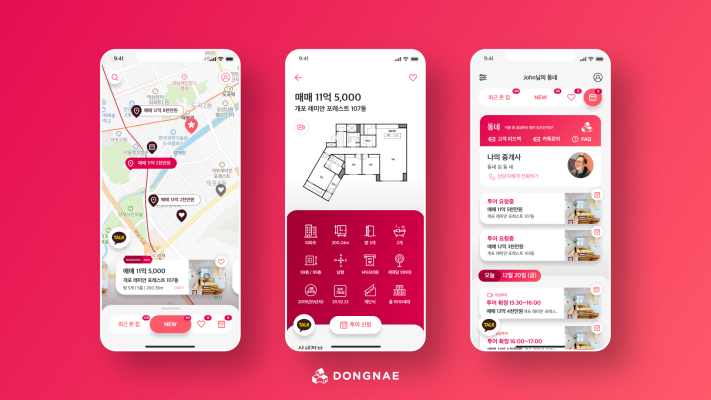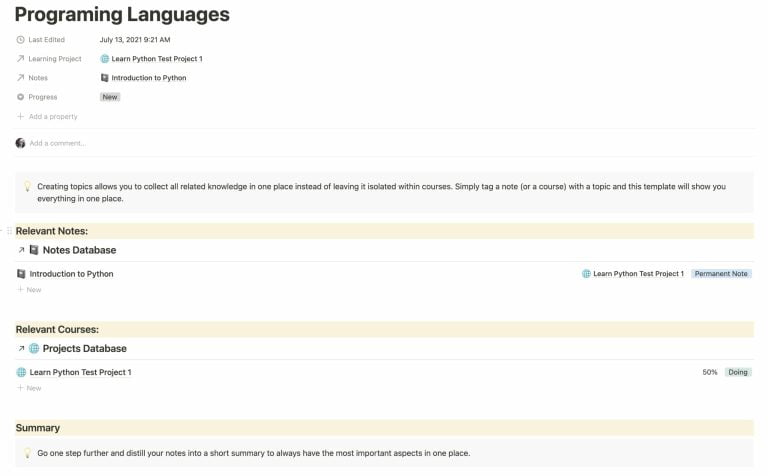
You could be a freelancer or a leading app development company with a million-dollar turnover, but some mistakes could cost you the future of your business.
It happened to Buzinga in 2017 and Appster the very next year. You wouldn’t want to be next. Being passionate about software development and mobile applications is one thing. Turning this passion into a sustainable business is another. Every business requires robust management and some foundational ethics among a number of other things you ought to judiciously take care of.
1. Setting Wrong Expectations
Table of Contents
Overpromising and under-delivering is the preface of a death sentence in business. When you meet your client for the first meeting, or when presenting your wireframe/prototype, always set realistic expectations. To win the client’s confidence, developers often go overboard with projecting what the app will look like when it’s ready.
While this might work in getting you a client, it won’t end in a satisfied client. Quite the opposite really, as most of Appster’s clients reported feeling. Post the infamous liquidation of Appster – the famous Australian app development company – multiple clients reported being offered a world-class product in their ‘workshops’ and receiving kindergarten material in the end.
“We spent two days in the workshop, and afterwards we were glowing. The designers were articulate and well-researched, we thought it was fantastic. But that’s where it stopped”
said clients of Appster who were left with little to nothing after spending as much as half a million dollars.
When you’re starting out (or even when you’re quite successful in fact), acquiring new clients is a high-anxiety part of the work. You want to impress clients. You want to win their business. To that end, you may find yourself overpromising and setting exaggerated expectations.
The decision to not do that needs to be so strongly ingrained in your business ethic and professional policy that it never happens. Transparency with the client will be more rewarding in the long run, and make you a dependable business with satisfied customers.
2. Choosing Scale over Stability
Every business must scale. Stagnation isn’t a virtue by any means. However, do not try to birth an adult. Scaling a business needs to be an organic process. It needs to take its time.
Amazon – the giant that it is – began as a humble online bookstore. Netflix was a movie rental service in Scotts Valley, California. All robust businesses of today started small and grew over time. Those that exploded onto the scene with hundreds of thousands of users overnight suffered significant growing pains and even imploded sometimes.
Give your business the time it needs to grow and diversify. Choose stability first. Build from the bottom up and define your scope before you scale.
As an app developer, you sure want to dive into AR and VR, as you should. If you have extensive experience in that technology already, you might be ready to offer that as your core service. However, if you are primarily an iOS/Android developer with a passion for AR/VR, give yourself the time to first establish a mobile app development business with a steady cash flow and bankable clientele. Once you nail that, you could slowly dip your feet in other verticals. Do not rush this process.
3. Never Saying No
That can’t be a mistake, right? That’s a mantra for life. Right?
Well, sometimes in life, you have to say no. If you’ve been doing well and have enough ongoing projects in a given timeframe, it might be necessary to say no to a new query. It’s the hardest thing to do. You once worked your shirt off to get a single client to do business with you. How then, can you decline incoming business now?
But if you are working on one or more apps right now, and know that there’s no way you can handle another development without compromising on quality, you may have to politely say no to a client, without losing future opportunities with them. In a perfect world, you’ll want to ask the client for adequate time, and the client would agree. But if that doesn’t happen, trying to work on 5 projects when your team is already stretching at the seams with 4 might lead to overburdening, cutting corners, and damaging compromises in quality.
It’s always quality over quantity. Anytime a business went the other way around, that was the beginning of the end. Deliver quality and you’ll be able to charge more per app. Trying to build too many average-quality apps might seem like a workable bargain at first, but is never a sustainable model.
4. Not Keeping a Tab on Your Expenses
It is easy to get carried away by figures like revenue, funding, and the number of successful apps rolled out.
As a developer, it is also easy to find yourself engaging with the technical aspects of app development more than the business aspect of it.
However, to run a successful app development business, you need to know your numbers, all of them. That’s the difference between being just a developer and being an app entrepreneur. You need to know your expenses just as well as your revenue.
You could be spending way more than necessary on office space, just to maintain a certain image. You may be spending more on marketing than on building a talent pool.
Familiarize yourself with essential business metrics every founder should know, like ROI, cash flow, acquisition cost, burn rate, and more. Know where to cut costs so your business can stay cash flow positive. Avoid spending more than you should, as that is what leads to Appster style liquidations down the line.
5. Being a Jack of All
And the master of none. That’s a bad thing. As good as it sounds on your website, you can’t really be somebody who excels at mobile app development, web app development, artificial intelligence, machine learning, blockchain, AR, VR, Smart TV, enterprise apps, and the whole nine yards.
Trying to do all of those things will lead to not being a true expert of anything. When a business lacks focus, growth becomes scattered. When starting out, be as focused on one thing as you can. Even when you scale, be cautious of your boundaries. You want to build yourself up as the master of a niche.
That always attracts deeper clout as compared to spreading yourself too thin. Know your strengths and play to them. Most clients would like to work with someone who has built several apps similar in tech to their requirements.
If you specialize as an enterprise app developer, you can not only command a premium price thanks to a robust portfolio but also build a solid client base and a lot of good word-of-mouth publicity in inner circles. Of course, as mentioned earlier, there’s always room to scale and diversify, but do it organically, only once you’ve built a stable foundation.
Wrapping Up
Building a successful app development business depends on how clearly you define your goals and ethics. Some things are downright detrimental to the growth of a business.
Avoid them and you’ll find yourself on the path of steady growth with a stream of happy clients to vouch for you and advocate for your brand. Don’t make mistakes that many have made before you. Stay focused, stay organic, prioritize quality over quantity and know your numbers.
Creator, Hiral Atha, CEO of Moveoapps
Photo by Thought Catalog on Unsplash






